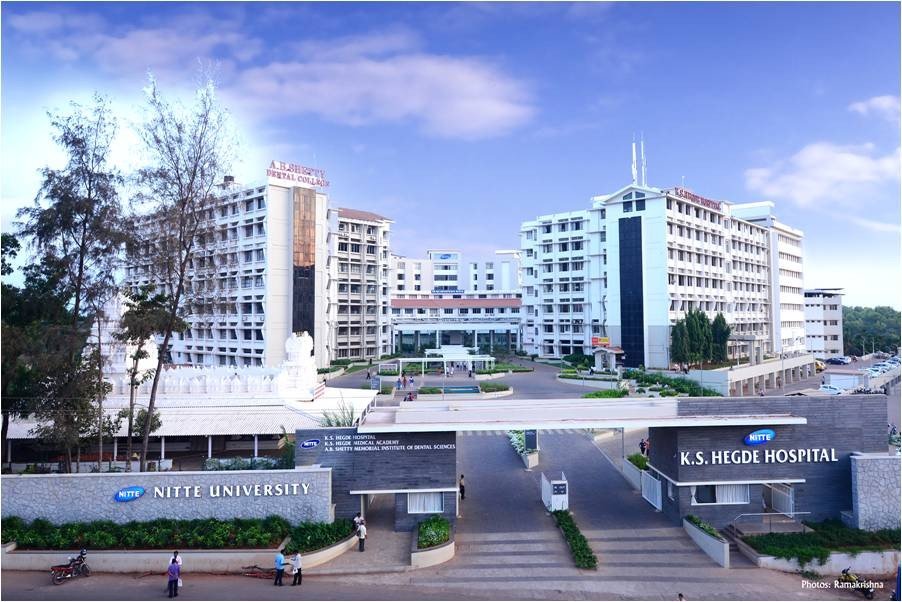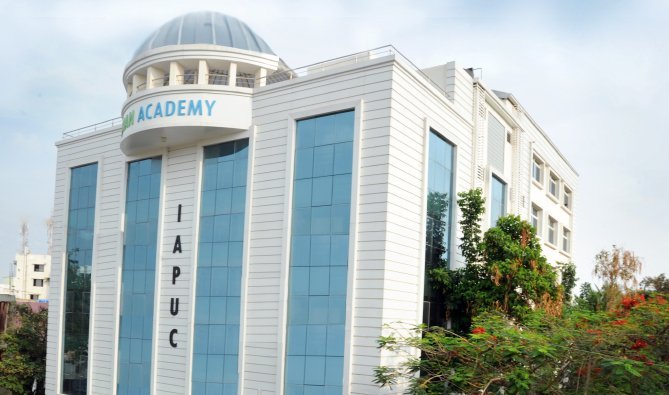MSc Microbiology
About The Course
M.Sc. Microbiology or Master of Science in Microbiology is a postgraduate Microbiology course. Biochemistry is the discipline in which scientists combine chemistry and biology to investigate living systems and their relationship to the environment. M.Sc. (Microbiology) covers the studies of microorganisms and their effect on humans. It gives the theoretical and practical knowledge of the subject. The duration of M.Sc. in Microbiology is two academic years and the syllabus is divided into four semesters. The syllabus for the course is divided into four semesters.
More Details About MSc Microbiology
M.Sc. Microbiology Eligibility
M.Sc. Microbiology Course Suitability
How is M.Sc. Microbiology Course Beneficial?
M.Sc. Microbiology Employment Areas
M.Sc. Microbiology Job Types
Advance Courses in M.Sc. Microbiology
- The candidates should complete their B.Sc. under any registered University in respective subjects with two subjects combination among Microbiology, Biochemistry, Botany, Zoology, Chemistry, Human Genetics, Environmental Sciences, Home Science, Dairy Sciences, Fisheries, App. Nutrition, Nutrition, and Dietetics, Biotechnology, Medical Lab. Technology, Public Health, Nursing, Plant Protection, Agriculture and Horticulture or Forestry, B.Sc. Agriculture, B.Sc. Home Science in Science stream.
- The marks of admission for this course vary from University to University.
- Applicants those who have the capability of performing the following activities such as perform shake-flask studies strain improvement, fermentation process development, media optimization, etc. can go for this course.
- Students possess grip in chemistry, mathematics, biology, and physics include good writing and verbal skills are a good suit for it.
- A student interested in biochemistry may like to perform experiments or is inquisitive about how things work also can apply for it.
- They should be able to identify, select, organize and communicate information; working as part of a small team, recognizing the opinions and views of all members of the team.
- Microbiologists work in hospitals in pathology or cytology laboratories.
- In pharmaceutical industries, opportunities exist in the R&D division.
- In Agricultural research, microbiologists are recruited for conducting research. Microbiology and immunology provide major inputs to biotechnology and hence several organizations involved in Biotechnological research offer opportunities.
- To handle industrial production organisms or cultures on various aspects including preservation and maintenance and carry out various microbiological operations involved in bacterial and fungal fermentations from Lab-scale to Pilot-scale to Industrial-scale.
- Food and Beverage Companies
- Waste Management Companies
- Educational Institutes
- Pharmaceutical Companies
- Agri-Chemical Companies
- Food Standards Agencies
- Water Companies
- Environmental Consultants
- Microbiology Lecturer
- Microbiologist
- Research Officer
- Assistant Professor
- Chief Hygienist
- Executive/Sr. Executive
- Microbiology Demonstrator
- Microbiology Lab Technician
- Quality Control Executive
- M.Phil. (Microbiology)
- Ph.D. (Microbiology)




















